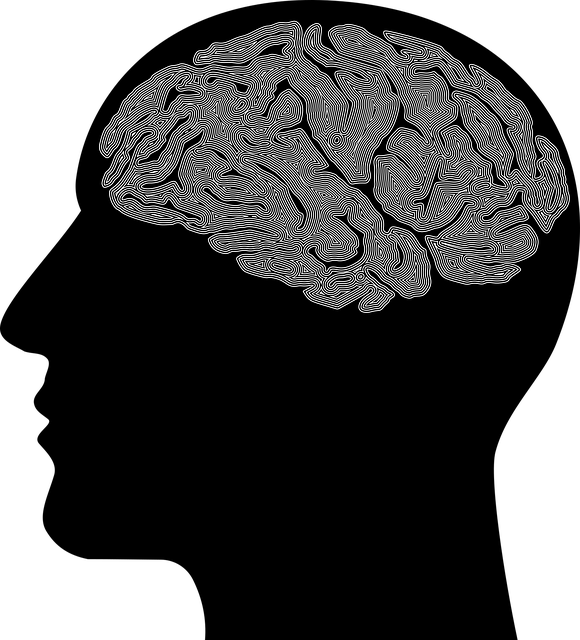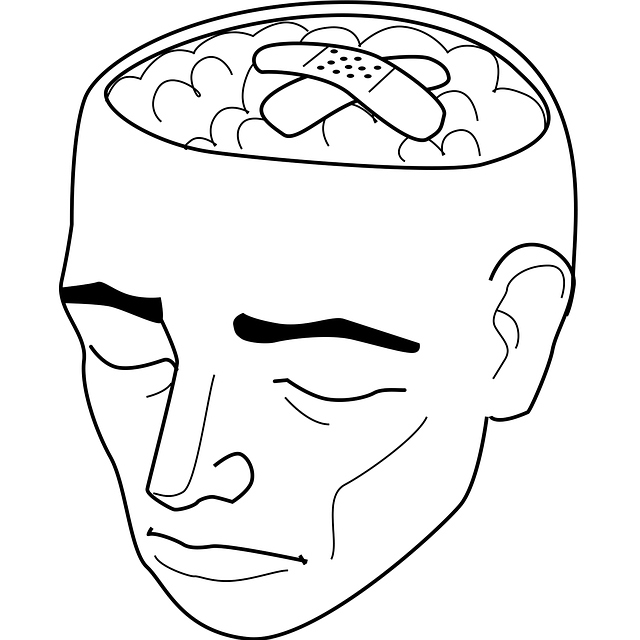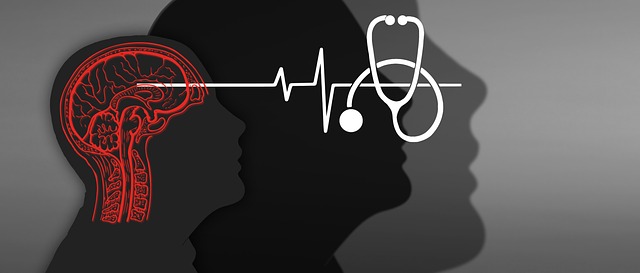Mental health crisis hotlines, like the National Suicide Prevention Lifeline, offer 24/7 support and guidance for individuals in acute emotional distress. In Boulder, these services connect people to independent medical evaluations and therapy options from organizations like Boulder Independent Medical Evaluations (BIME), which provides tailored assessments and appropriate care recommendations. Telehealth services further enhance accessibility, offering confidential video consultations with licensed therapists. Crisis hotline staff receive comprehensive training and support to ensure resilient and effective assistance during crises, promoting holistic mental health care.
In today’s fast-paced world, mental health crises can arise unexpectedly, leaving individuals searching for immediate support. Mental Health Crisis Hotline support services play a vital role in offering assistance during these challenging times. This article explores various aspects of crisis hotline functionality, from understanding their significance to the role of independent medical evaluations and therapy options, including in-person versus telehealth approaches. We also provide a step-by-step guide on accessing these services and highlight training resources for empowering call center staff, especially in Boulder, where independent medical evaluations (IMEs) are crucial.
- Understanding Mental Health Crisis Hotlines: A Lifeline for Many
- The Role of Independent Medical Evaluations in Crisis Support
- Therapy Options: In-Person vs. Telehealth for Emergency Situations
- How to Access These Services: A Step-by-Step Guide
- Training and Resources: Empowering Call Center Staff
Understanding Mental Health Crisis Hotlines: A Lifeline for Many

Mental health crisis hotlines are vital resources for individuals facing acute emotional distress or psychological crises. These 24/7 services provide immediate support and guidance, serving as a lifeline for many who struggle with their mental well-being. When faced with overwhelming anxiety, depression, suicidal thoughts, or other severe mental health issues, reaching out to a hotline offers a sense of relief and hope. Trained professionals offer listening ears, crisis intervention, and valuable resources, helping individuals navigate their challenges and find the inner strength they need.
In Boulder, for instance, access to independent medical evaluations and therapy options is readily available through these hotlines, fostering mental health awareness and development of mind over matter principles. The support doesn’t stop at immediate assistance; hotlines often connect individuals to long-term care, counseling services, or community resources, ensuring a more comprehensive approach to healing. This network of support is crucial in addressing the growing need for accessible mental healthcare solutions.
The Role of Independent Medical Evaluations in Crisis Support

In moments of intense mental health crises, independent medical evaluations play a pivotal role in crisis support. These assessments provide an unbiased and comprehensive analysis of an individual’s state of mind and overall well-being. Boulder Independent Medical Evaluations (BIME) offer therapy and guidance tailored to each person’s unique needs. By conducting thorough evaluations, BIME professionals can identify underlying issues contributing to the crisis, ensuring more effective intervention strategies are implemented. This process is crucial for developing targeted crisis intervention guidance that addresses not just symptoms but also the root causes.
Public awareness campaigns development around mental health crises often emphasizes the importance of early intervention. BIME contributes significantly to this by offering timely evaluations during emergencies. They guide individuals towards appropriate treatment plans, including therapy options and self-care practices. This crisis intervention can be a game-changer in managing intense emotions, providing much-needed clarity, and facilitating better long-term mental health outcomes.
Therapy Options: In-Person vs. Telehealth for Emergency Situations

In emergency situations, accessing immediate mental health support is paramount. While traditional in-person therapy offers a robust foundation for long-term emotional healing processes and self-esteem improvement, telehealth services provide a crucial alternative during crises. Boulder residents fortunate enough to have access to independent medical evaluations can turn to telemedicine for swift, confidential consultations with licensed therapists. This option is particularly beneficial when immediate intervention is required but leaving home is difficult or unsafe.
Telehealth allows individuals experiencing trauma or acute mental health episodes to connect with specialists remotely, ensuring prompt trauma support services without delays associated with in-person appointments. Through secure video conferencing platforms, patients can engage in real-time therapy sessions from the comfort and safety of their homes, making essential resources more accessible during challenging times.
How to Access These Services: A Step-by-Step Guide

How to Access Mental Health Crisis Hotline Support Services:
1. Identify Your Need: First, recognize when you or someone else is experiencing a mental health crisis. This could be due to intense feelings of sadness, hopelessness, anxiety, or even thoughts of self-harm. If you’re seeking support for yourself, this might involve completing an independent medical evaluation to assess your condition.
2. Locate Hotline Numbers: In the US, a widely recognized resource is the National Suicide Prevention Lifeline (1-800-273-TALK). For other countries, similar crisis hotline services are available; research local mental health support lines or use online directories to find numbers specific to your region. If you’re looking for more specialized help, consider therapy hotlines that offer immediate assistance and connect individuals with licensed therapists.
3. Call the Hotline: When you’ve found a suitable service, make the call. Be prepared to explain your situation clearly. The hotline operator will assess your needs and provide appropriate guidance or connect you with a therapist if required. They might ask questions about your current feelings, recent stressors, and any previous mental health concerns to offer tailored support. Remember, these professionals are there to help and maintain confidentiality.
4. Explore Additional Resources: Beyond hotlines, many communities have local mental wellness podcast series production groups or Mental Health Awareness campaigns that offer online resources, workshops, and peer support. Engaging with these can provide ongoing support and coping strategies for managing Mental Wellness.
Training and Resources: Empowering Call Center Staff

Call center staff playing a vital role in mental health crisis hotline services require comprehensive training and access to resources to effectively support individuals in distress. These professionals are often the first point of contact for those seeking help, making their skills and empathy crucial. Training programs should encompass various aspects, including psychological first aid, active listening techniques, and crisis intervention strategies. Resources such as evidence-based treatment guidelines, mental health literature, and access to peer support networks empower call center staff to offer accurate information and tailored assistance.
Empowering these frontline workers also involves promoting self-care practices and burnout prevention strategies, recognizing the potential for high-stress situations to take a toll on their own well-being. Incorporating regular breaks, supervision, and access to therapy services, similar to those available through Boulder Independent Medical Evaluations, ensures staff members can maintain their resilience and effectively support others while practicing self-preservation. This holistic approach enhances the overall quality of care provided by the hotline.
Mental health crisis hotline support services play a pivotal role in empowering individuals during emergency situations. By offering immediate assistance, these hotlines provide a crucial safety net for those struggling with their mental well-being. Integrating various resources such as independent medical evaluations and teletherapy options ensures comprehensive care tailored to individual needs. With proper training and resources for call center staff, especially in regions like Boulder, these services can effectively navigate complex crises and foster positive outcomes. By following a simple step-by-step guide to access these services, individuals can find the help they need promptly.














